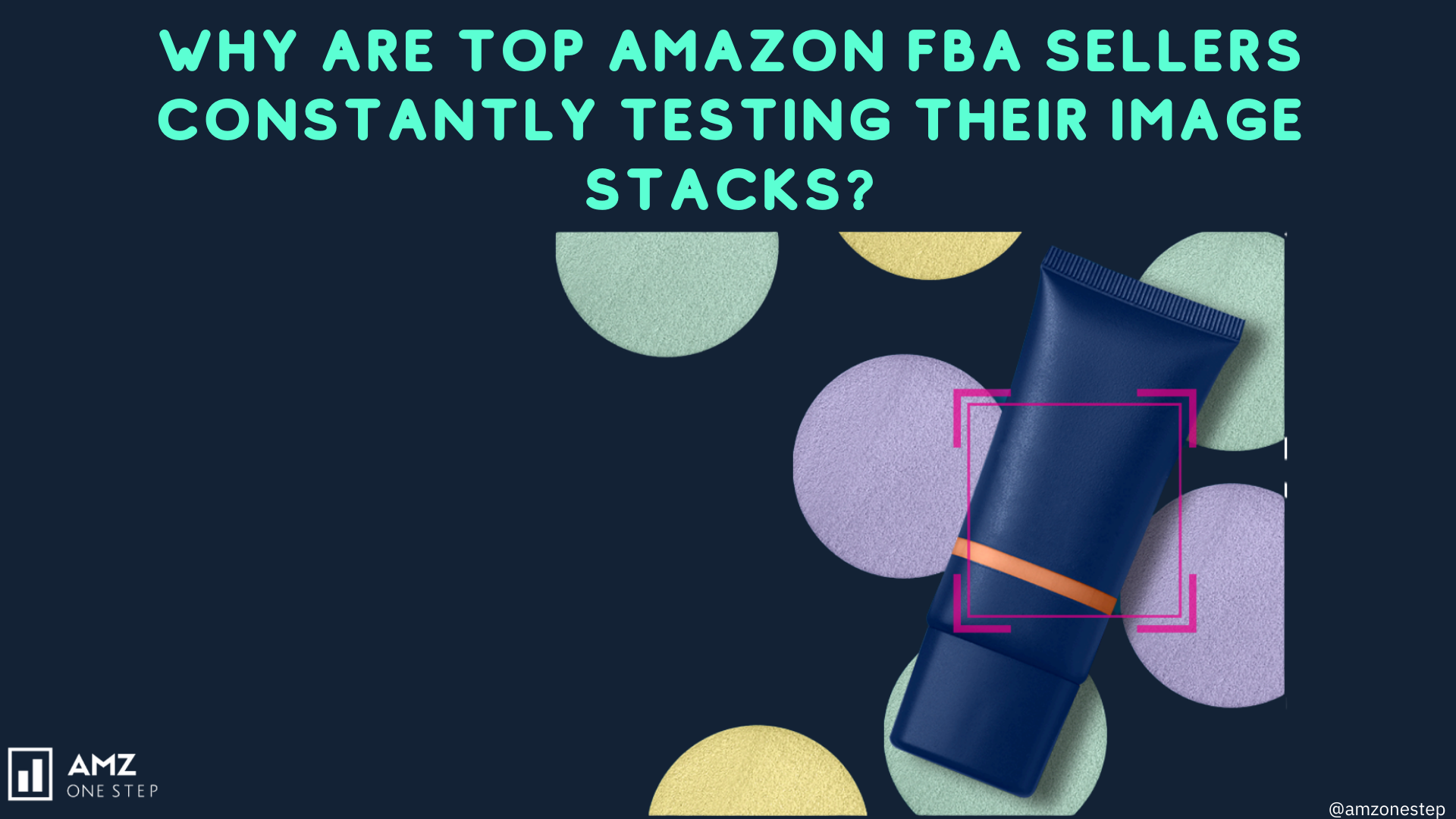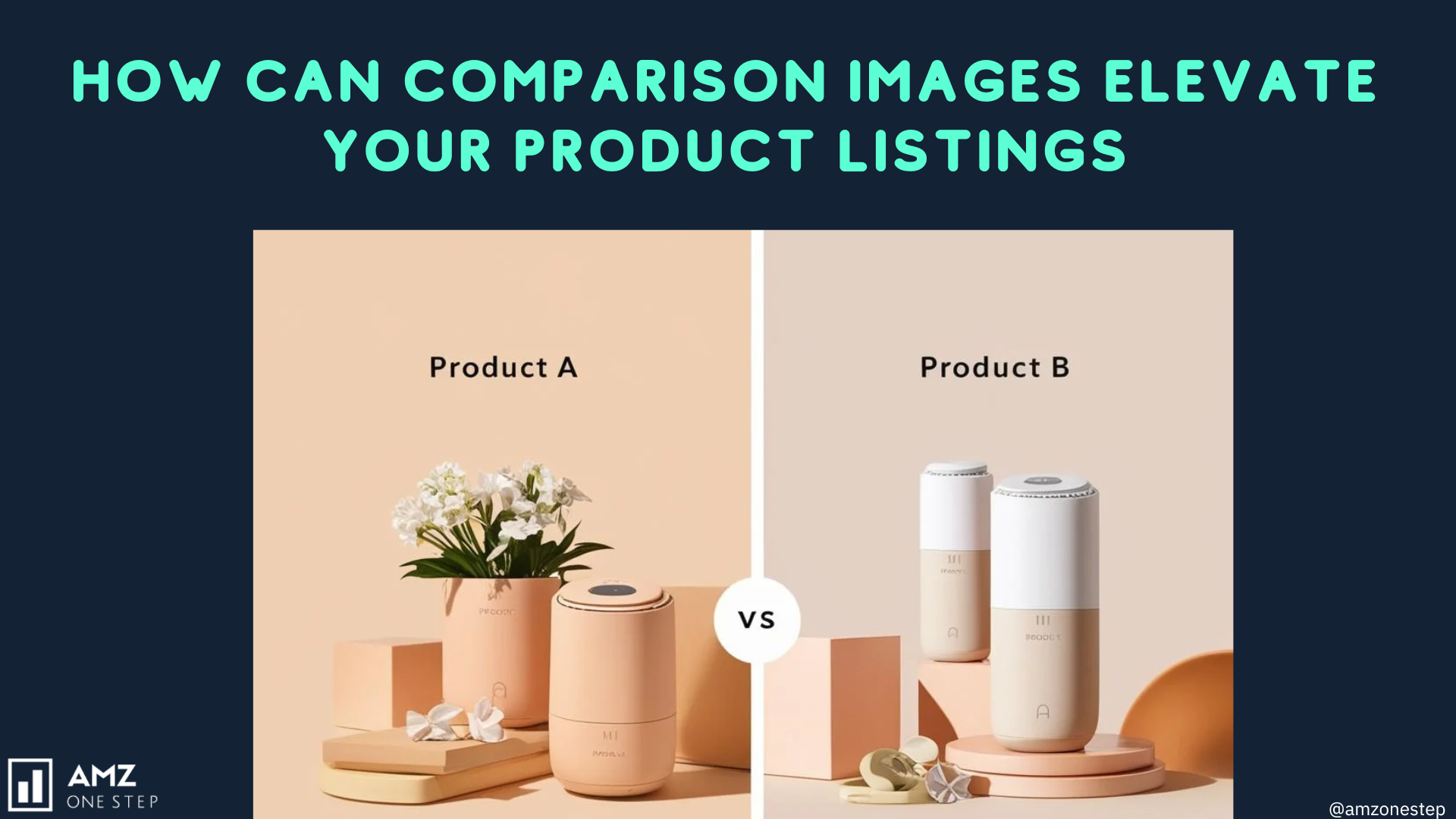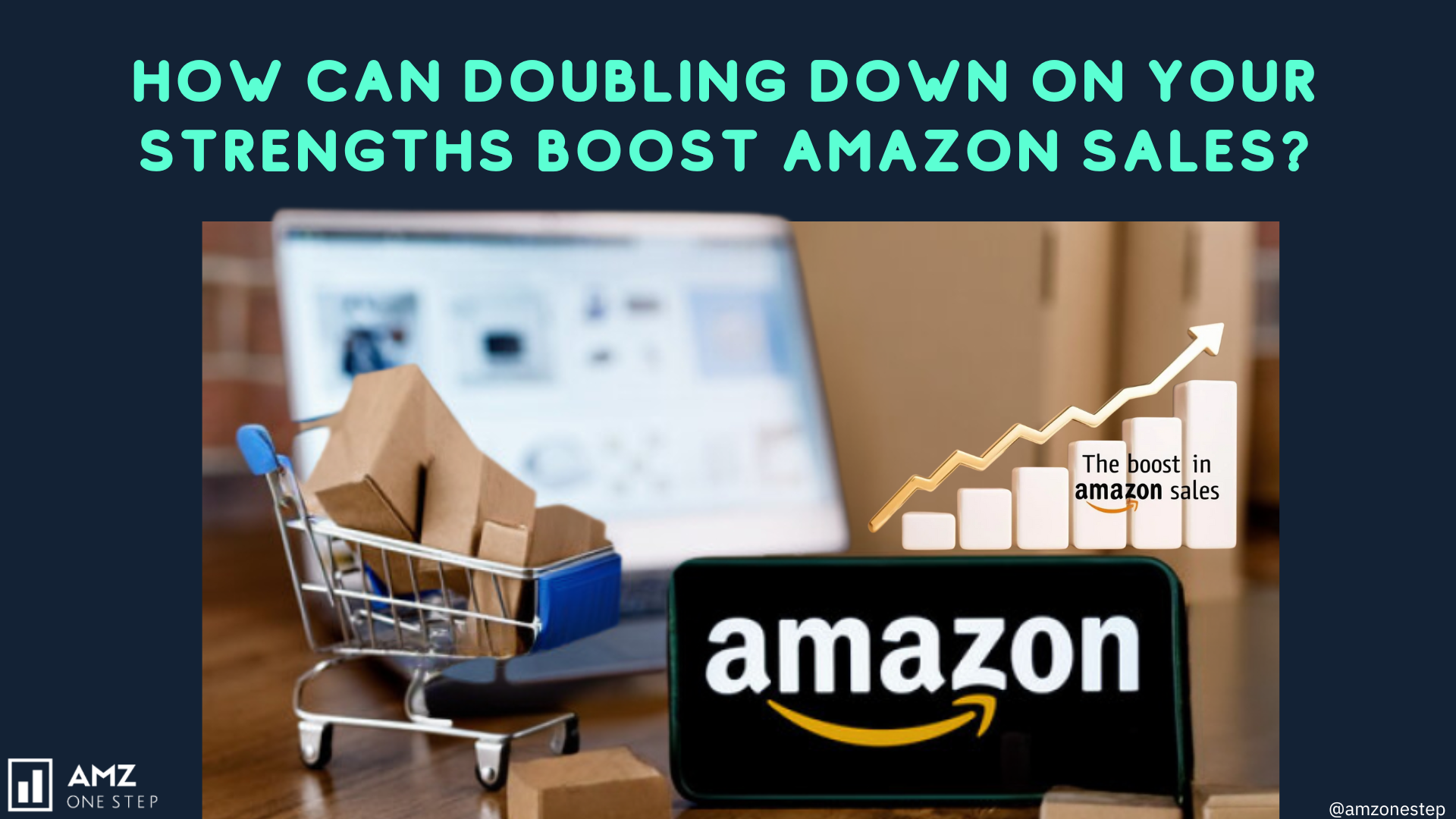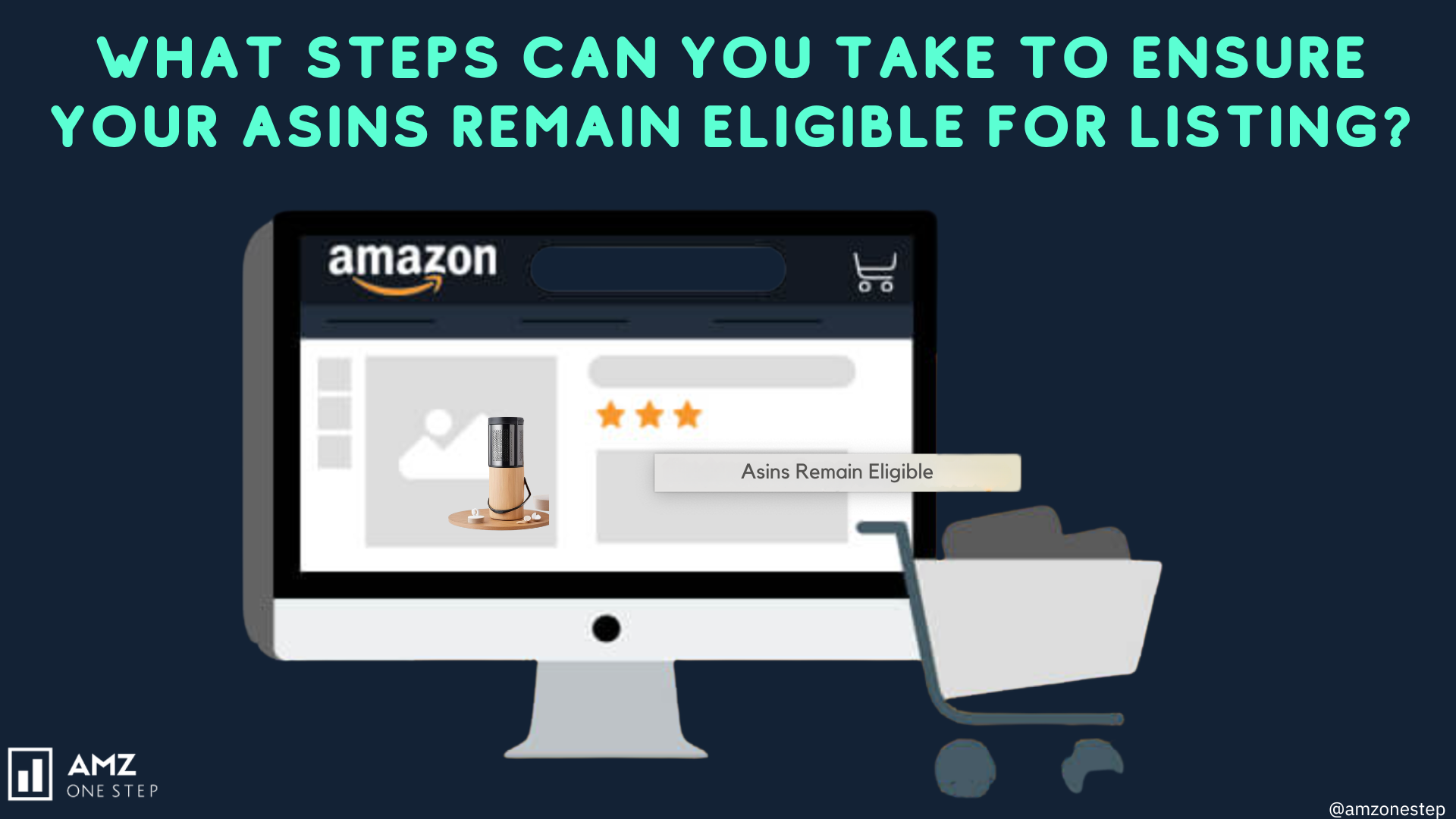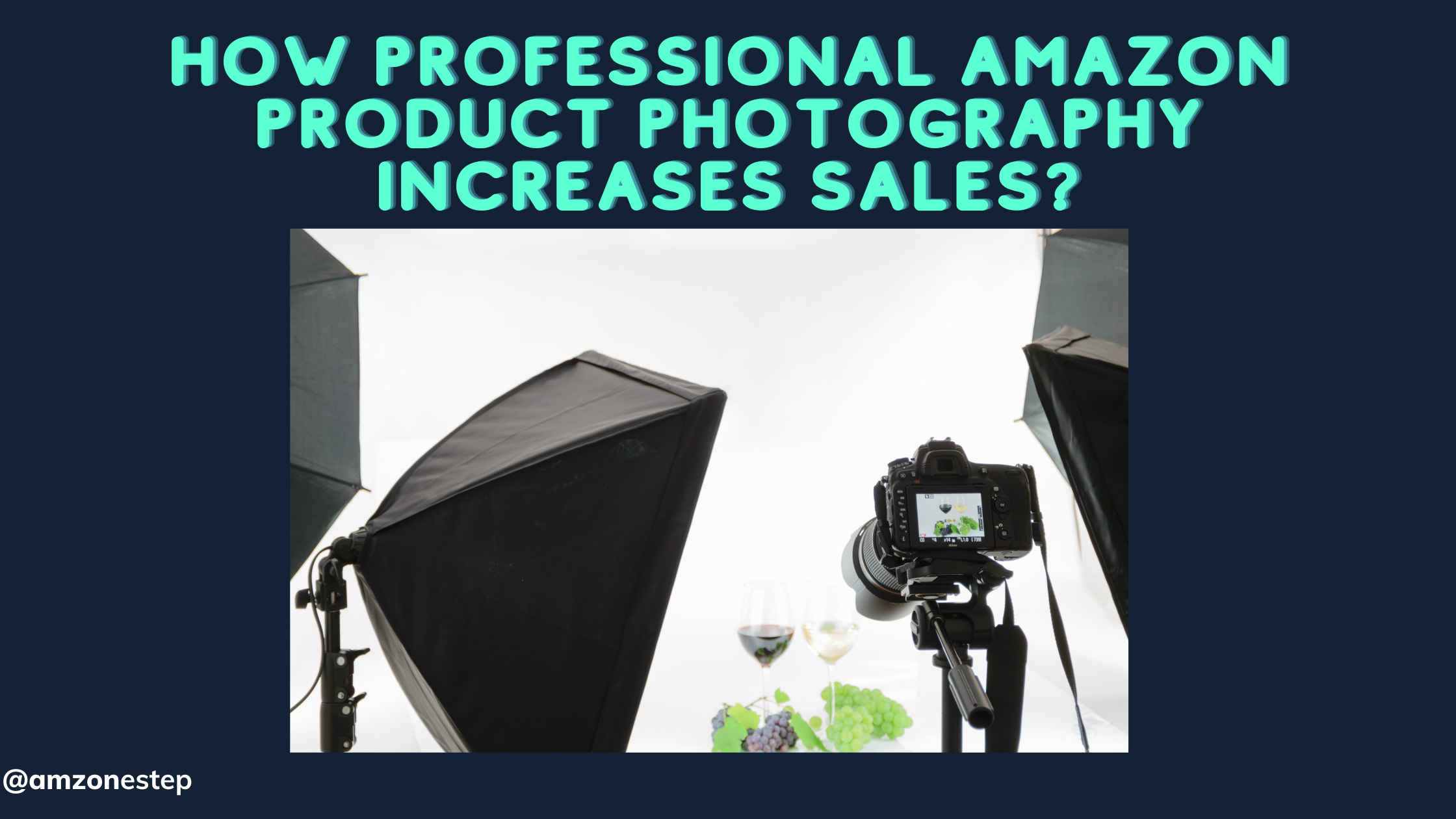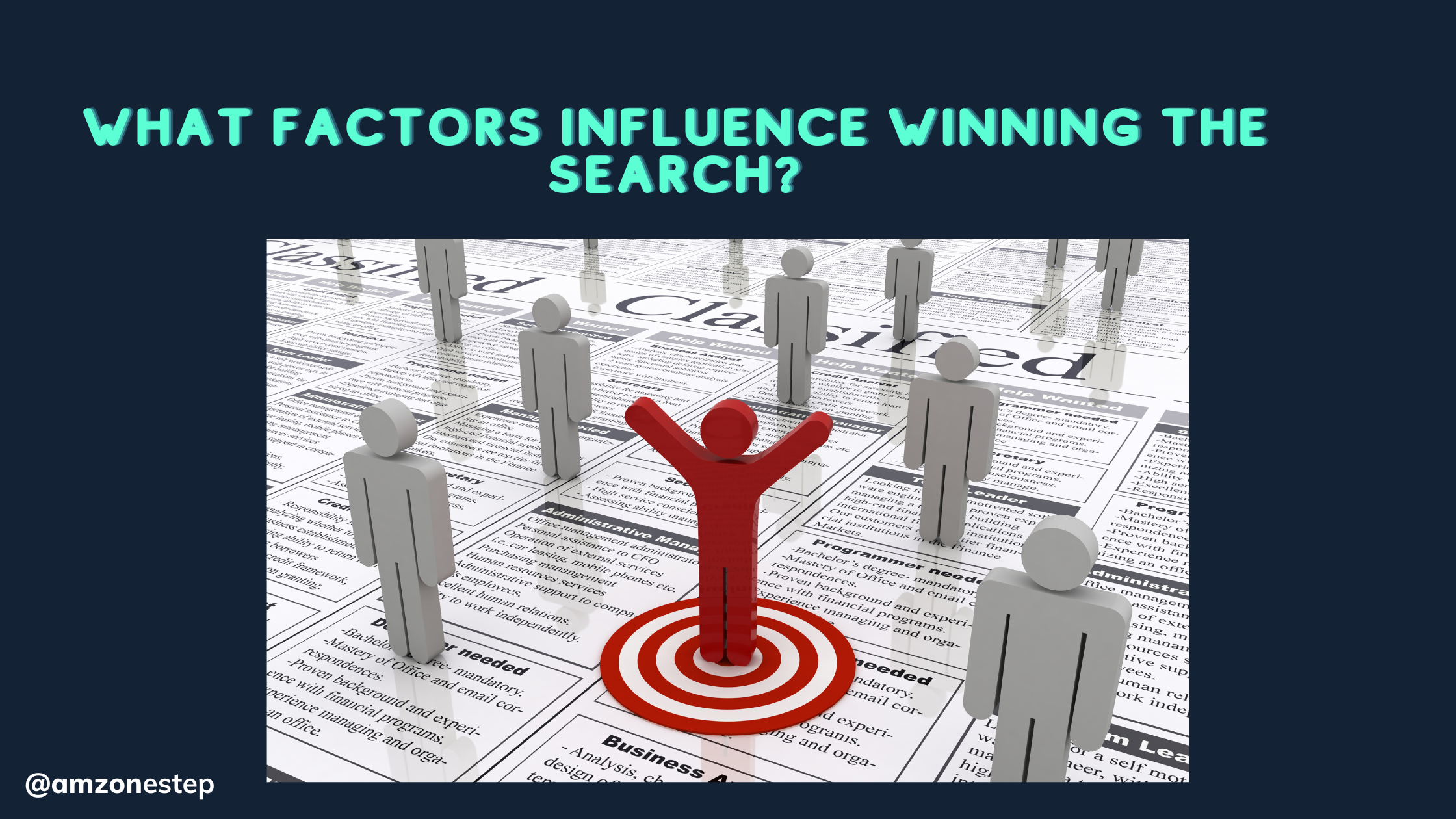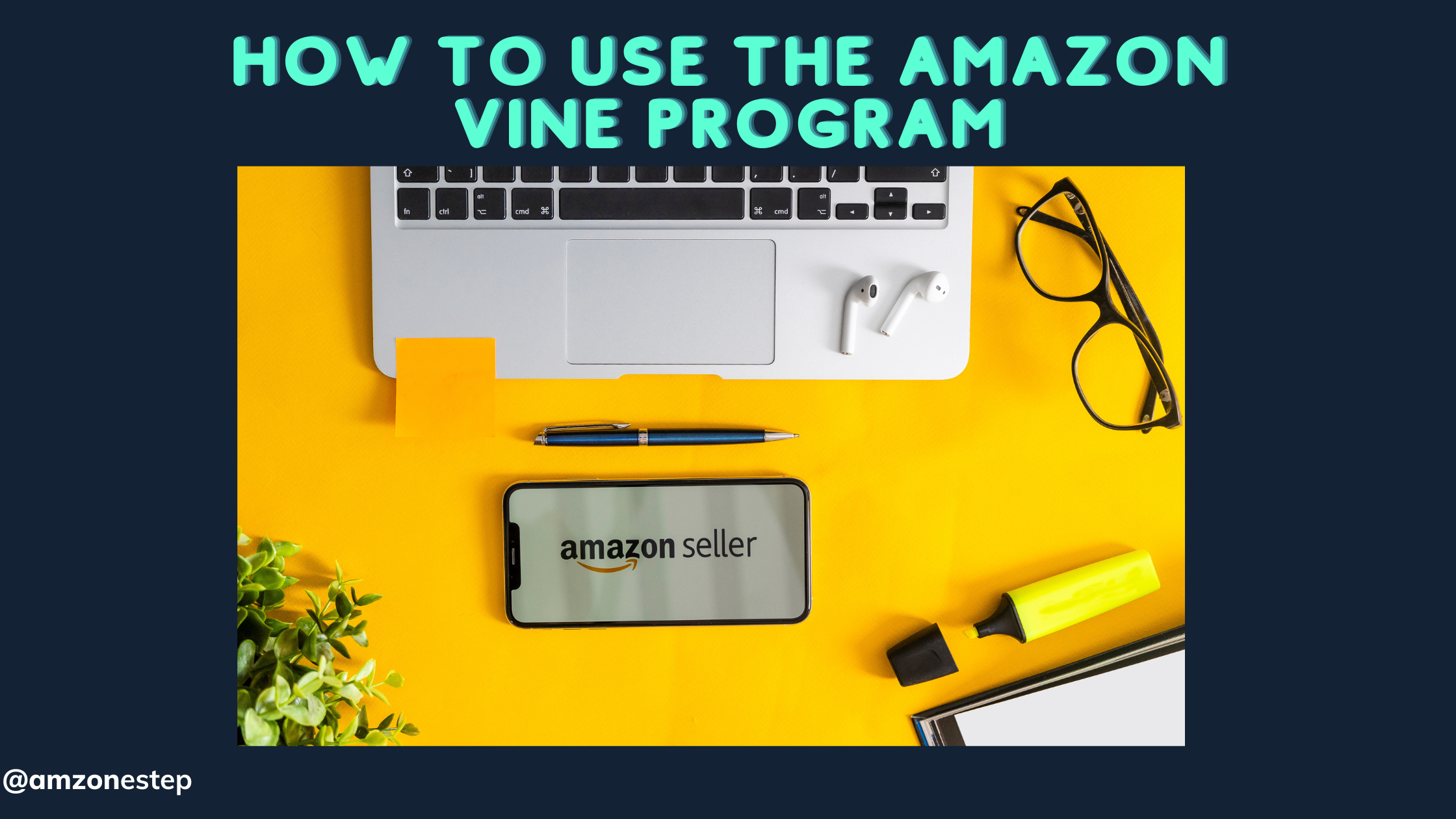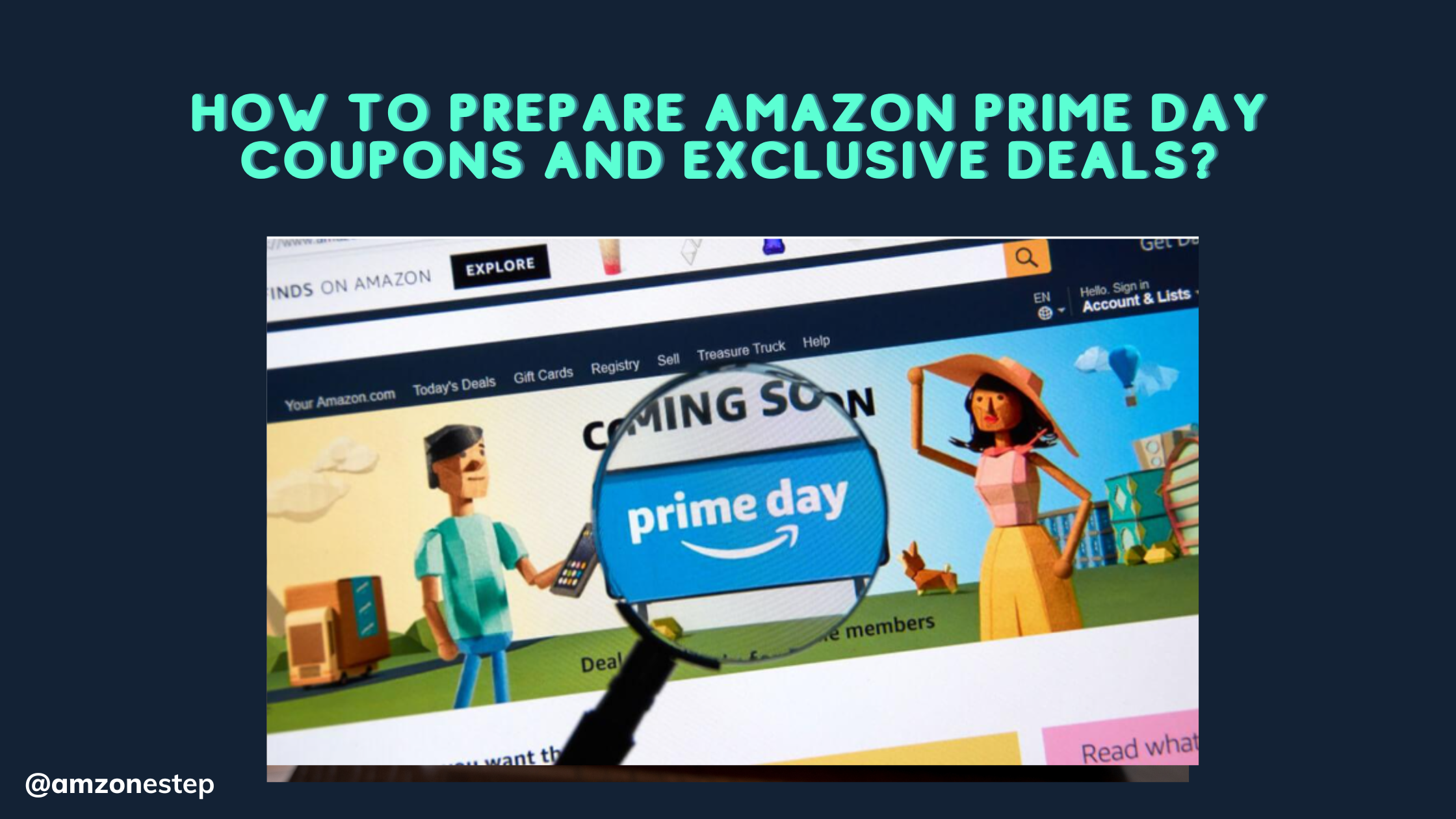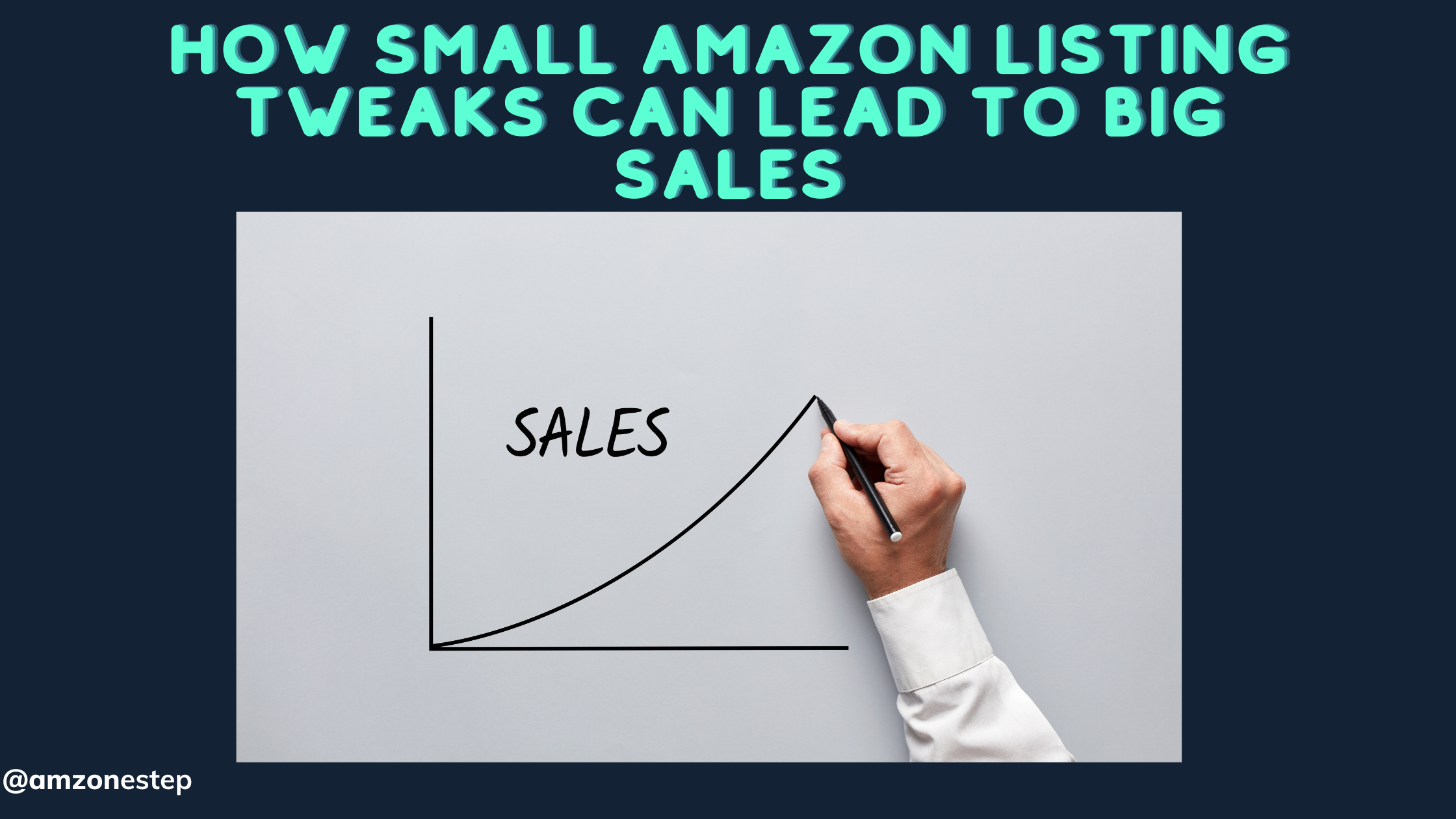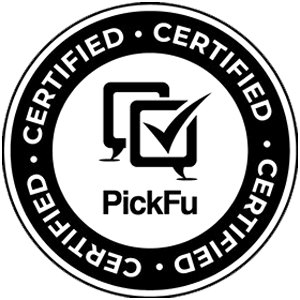Artificial intelligence (AI) is very popular lately, especially among businesses. You probably already know this. You can do a lot of different things with it, but sales and marketing are the main ones. That is true everywhere, not just on your site.
A lot of Amazon sellers are also interested in AI. If you’re an Amazon seller, you might want to check out what AI can do for your store. Luckily, that’s what we’re here to talk about.
Read More: How to Use the Amazon Vine Program
What Is The Best Way For Amazon Sellers To Use AI?
AI tools can help you sell more and market your products on Amazon in some techniques. The five best ways to use Amazon AI are listed below.
- Look into competitors, keywords, and products
- Designing and improving product pages
- Building and improving images
- Estimating sales
- Information about sales and customers
Read on to find out more about each one!
Look Into Keywords, Products, And Competitors
If you want people to find your items on Amazon FBA, you should know what people are already buying on the site. On your product pages, you need to know what keywords to use and what your competitors are doing to sell the same products.
It can take a lot of time to do research and learn all that knowledge. Thanks to AI, that can be done. Some Amazon AI tools can be connected to the site and give you information that you can use to make your pages more effective.
You can use Helium 10 to find products and keywords. A lot of businesses use it to track keyword results and market trends in general. For sales data, you can keep track of your own sales trends and use it to figure out how to boost your video marketing and product pages.
The way your screen looks depends on how you answer a quiz it gives you when you first start using it. Also, it’s very simple and plain to use.
Read More: How to Optimize Your Amazon Product’s Main Image?
Making And Optimizing Product Pages
Researching your competitors is the first thing you should do before starting to build your product pages. Likewise, that can take a lot of time. Luckily, AI saves the day again. To write product descriptions and information for your pages, you can use simple text generator tools.
You may ask the AI to do this completely or just use it as a starting point. Allowing AI to write your product descriptions without checking them first is a surefire way to get sued for including fake information.
Read More: How Professional Amazon Product Photography Increases Sales?
Image Creation And Optimization
You may already know this, but AI can also help you make pictures for your product pages. Yes, you should be very careful. Do not use AI to make pictures of the goods themselves. Most likely, they will lie about your goods in some way if you do that, which will not go well.
However, AI can be used to make other kinds of pictures, like graphics of people using a product in a certain way. Also, AI can still help you improve product pictures by looking at them and telling you which ones will sell the most.
Making Sales Predictions
Sales often have a problem: they can’t tell what will happen next. For what kinds of sales are you planning to make this quarter? How much stock should you make? What kind of money do you think you’ll make?
To answer those questions, you need to look ahead at sales. That means figuring out what will happen next by looking at past sales data. No worries, AI can assist with this. You can use different types of sales data and the right Amazon AI tools to make predictions that you can use to plan your budget and supplies.
Sales And Customer Analytics
Amazon AI tools can help you look at the results of your past and present sales efforts as well as tell you what will happen in the future. It is possible to find out which goods sell best, what kinds of people buy them, and which advertising campaigns bring in the most money.
Then, you can use that information to make your Amazon FBA marketing and sales even better. You might want to pull a product if it’s not selling very well. You could also use the same marketing approach going forward if one campaign is getting great results.
What Makes Amazon Keyword Research Important?
You can find out what search terms people use to find things on Amazon by doing keyword research. Using these keywords in your offering can help your item move up in the search results on Amazon. Then, better rankings let more people find your goods, which leads to more sales.
This is important for a business that will last because it helps you keep your gross margins high and your marketing costs low.
Do a little research on how popular a product is before you decide to sell it on Amazon. How to do this in different ways. Using a variety of methods, let us look at how to learn keywords for Amazon.
Read More: How to Use the Amazon Vine Program
Use Amazon’s Search Field To Get Leads
Amazon’s autocomplete ideas on the marketplace website are the easiest way to look for keywords. Amazon FBA will show you a list of keywords that include what you’re typing in the search form as you start to type.
Although this method will help you come up with new keyword ideas, it won’t give you any information or data about how popular the terms are. You’ll need an Amazon-specific keyword study tool for this.
Use The Keyword Search On Amazon
As soon as you have a list of possible keywords, the next thing you should do is find out how often people look for those keywords each month. This will show you how much desire there is for a certain kind of product. Also, it will help you guess how many sales you might get if you rank for the term.
- Use Keyword Search to research the seed phrase.
- The tool returns matching terms.
- Estimated Amazon keyword search volume shown next to each term.
- This shows how often customers search for that word monthly.
- Check the results.
As an example, a niche item could be something like a “memory foam mattress,” which gets a lot of searches.
You can figure out how popular a product is by looking at the term data that term Search finds. Naturally, more people search for things that sell more often. The results can help you limit product ideas as well as figure out how much demand there is.
Use Reverse ASIN Lookup
To find the ranking keywords for any Amazon listing, you can use the Reverse ASIN Lookup option. You can put the name of a top-performing competitor product to see right away all the relevant terms that it ranks for.
This is very helpful for quick keyword research. The Reverse ASIN Lookup tool can be used in this way:
- Plug in the ASIN you want to look up into the Reverse Lookup tool.
- Take a look at the outcomes. It will show you a list of all the search terms that the product ranks for after you type in a search.
Along with the monthly search number for each keyword, you’ll see some other useful information:
- Natural Rank Page: This measure shows where the product appears on the search results page for the keyword. An Organic Rank Page of “1” for example means that the ASIN is on the first page of organic results.
- Organic Rank Position: This metric tells you exactly where in the search results the goods goes.
- Featured Page: This measure displays the page where the Sponsored Product ad appears.
Read More: Amazon Advertising: ASIN Retargeting Explained
You’ll need to go through your list of master keywords to figure out which ones have the most promise and should be put at the top of the list.
- Most important keywords are the ones that will bring the most people to your business. When you make your posts and ads, you should put these terms at the top of the list.
- Secondary keywords are search terms that are related to your goods but aren’t the main keywords. When it makes sense, you should include them in your ads.
- You might not want to add these search terms to your listing because they are not directly related to your goods. You’ll add these keywords to the ASIN’s back-end product designer.
- Once you know which keywords to focus on, you need to choose how to use them. This step is very important if you want to rank well for the terms.
Predicting Amazon Keyword Trends with AI
In the competitive world of Amazon selling, staying ahead of keyword trends can make the difference between a product that flourishes and one that flounders. Keyword trends indicate the shifting interests and needs of customers.
Understanding these trends allows Amazon FBA
sellers to optimize their product listings, ensuring that they capture the attention of potential buyers. Traditionally, keyword research has been a time-consuming and labor-intensive task.
However, with the advent of Artificial Intelligence (AI), predicting Amazon keyword trends has become significantly more efficient and accurate.
Read More: Must-Join: Top 5 Amazon Communities for Sellers
The Importance of Keyword Trends on Amazon
Amazon is a dynamic marketplace where customer preferences evolve rapidly. Amazon FBA sellers who can anticipate these changes are better positioned to adapt their strategies and maintain a competitive edge.
Keyword trends on Amazon reflect what customers are searching for, how their interests are changing, and where market opportunities lie. Predicting these trends enables sellers to:
- Optimize Product Listings: By aligning product descriptions, titles, and backend keywords with trending searches, sellers can improve their product’s visibility on Amazon.
- Enhance Advertising Campaigns: Understanding keyword trends allows sellers to create more effective Amazon Pay-Per-Click (PPC) campaigns by targeting the most relevant and high-converting keywords.
- Improve Conversion Rates: Products that match current customer search trends are more likely to convert into sales, as they align with what customers are actively seeking.
How AI Predicts Amazon Keyword Trends
AI leverages machine learning algorithms, natural language processing (NLP), and vast datasets to analyze and predict keyword trends on Amazon. Here’s how AI can be utilized to predict these trends:
Analyzing Historical Data
AI systems can analyze extensive historical data, including past keyword performance, customer search patterns, and seasonal trends. By examining this data, AI can identify patterns and predict how certain keywords might perform in the future.
For instance, if a particular keyword consistently spikes in popularity during the holiday season, AI can predict similar trends for the upcoming year, allowing Amazon FBA sellers to prepare in advance.
Identifying Emerging Trends
One of the significant advantages of AI is its ability to detect emerging trends before they become mainstream. AI can scan through millions of data points, including social media discussions, news articles, and other online platforms, to identify keywords that are gaining traction.
For example, if a new health trend is emerging, AI can identify related keywords that are starting to appear in customer searches on Amazon, enabling sellers to capitalize on these early.
Real-Time Monitoring and Adaptation
AI-powered tools can provide real-time insights into keyword performance, allowing Amazon FBA sellers to quickly adapt their strategies.
If a keyword’s popularity is suddenly rising, AI can alert sellers to this change, enabling them to update their product listings or PPC campaigns accordingly. This agility is crucial in a fast-paced environment like Amazon, where trends can change rapidly.
Predicting Seasonal Trends
Seasonality plays a significant role in keyword trends on Amazon. Products related to holidays, back-to-school season, or summer activities often see spikes in search volume at specific times of the year. AI can predict these seasonal trends by analyzing past performance and recognizing patterns that repeat annually.
For example, AI can forecast increased searches for “Christmas decorations” starting in October, allowing Amazon FBA sellers to optimize their listings well in advance.
Competitor Analysis
AI can also analyze competitor keywords to identify trends that might be worth pursuing. By monitoring the keywords that competitors are ranking for and analyzing their performance, AI can suggest keywords that are currently underutilized or emerging in popularity.
This insight helps sellers to stay ahead of the competition by targeting keywords that have high potential but low competition.
Examples of AI Predicting Keyword Trends
Example 1: The Rise of “Eco-Friendly” Products
In recent years, there has been a significant shift towards eco-friendly and sustainable products. AI tools analyzing keyword data from Amazon have identified a steady increase in searches for terms like “biodegradable,” “reusable,” and “organic.”
By recognizing this trend early, Amazon FBA sellers who adapted their product listings to include these keywords saw a significant increase in visibility and sales.
For instance, a seller of kitchen products might have updated their listings to highlight “biodegradable packaging” or “eco-friendly materials” in response to these emerging trends. As a result, their products appeared higher in search results for customers specifically looking for sustainable options.
Example 2: Predicting Seasonal Keywords for Fitness Equipment
Fitness equipment sales often see seasonal spikes, particularly at the beginning of the year when many people make New Year’s resolutions to get in shape.
AI, by analyzing past keyword data, predicted an increase in searches for terms like “home gym equipment” and “resistance bands” in January and February. Sellers who used these insights to optimize their listings and PPC campaigns during these months experienced higher traffic and conversion rates.
Example 3: The Impact of AI on Fashion Trends
Fashion is an industry where trends can change overnight. AI has been instrumental in predicting fashion-related keyword trends on Amazon.
For example, AI identified an uptick in searches for “athleisure” clothing as consumers sought comfortable yet stylish options during the pandemic. Sellers who included “athleisure” in their product keywords early on were able to tap into this trend, significantly boosting their sales.
Discover AI Solutions for Amazon Happy Selling With AMZ One Step

Hi there! I’m the content marketing and branding specialist for AMZ One Step. I work hard to create engaging and informative content that helps our readers learn more about Amazon selling and how to make the most of their businesses. I love spending time with my family and exploring literary works when I’m not writing or working on projects.


